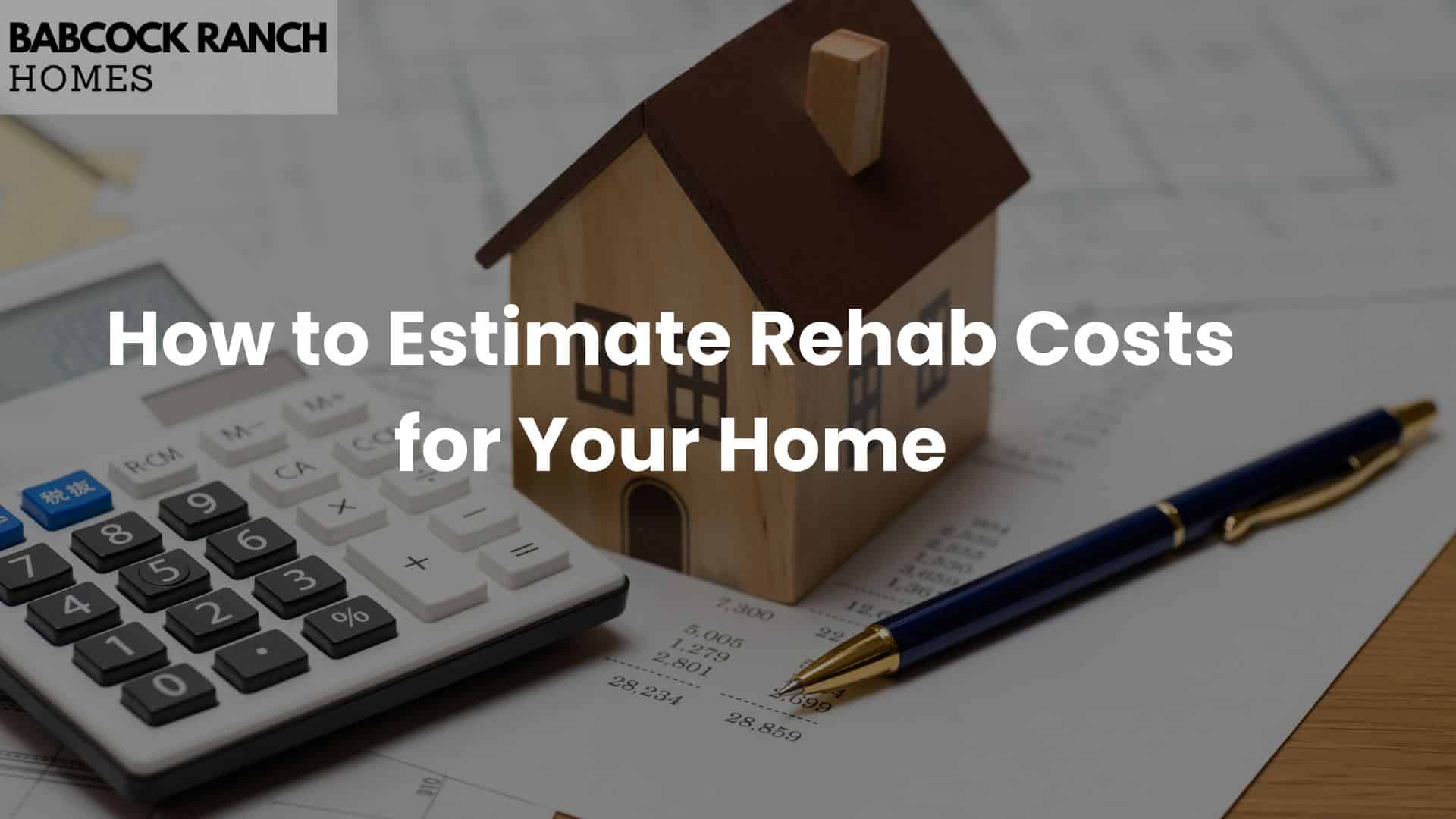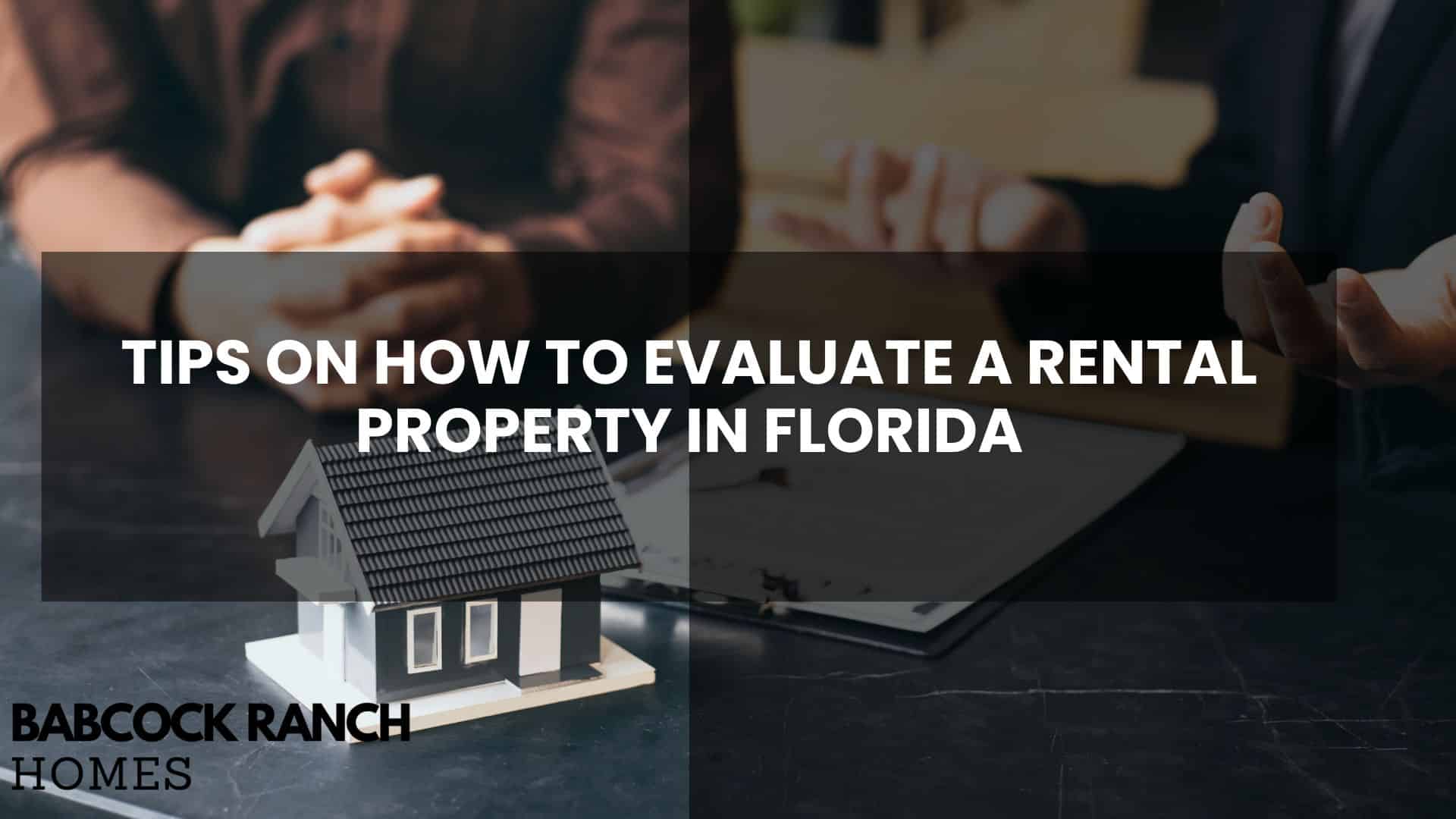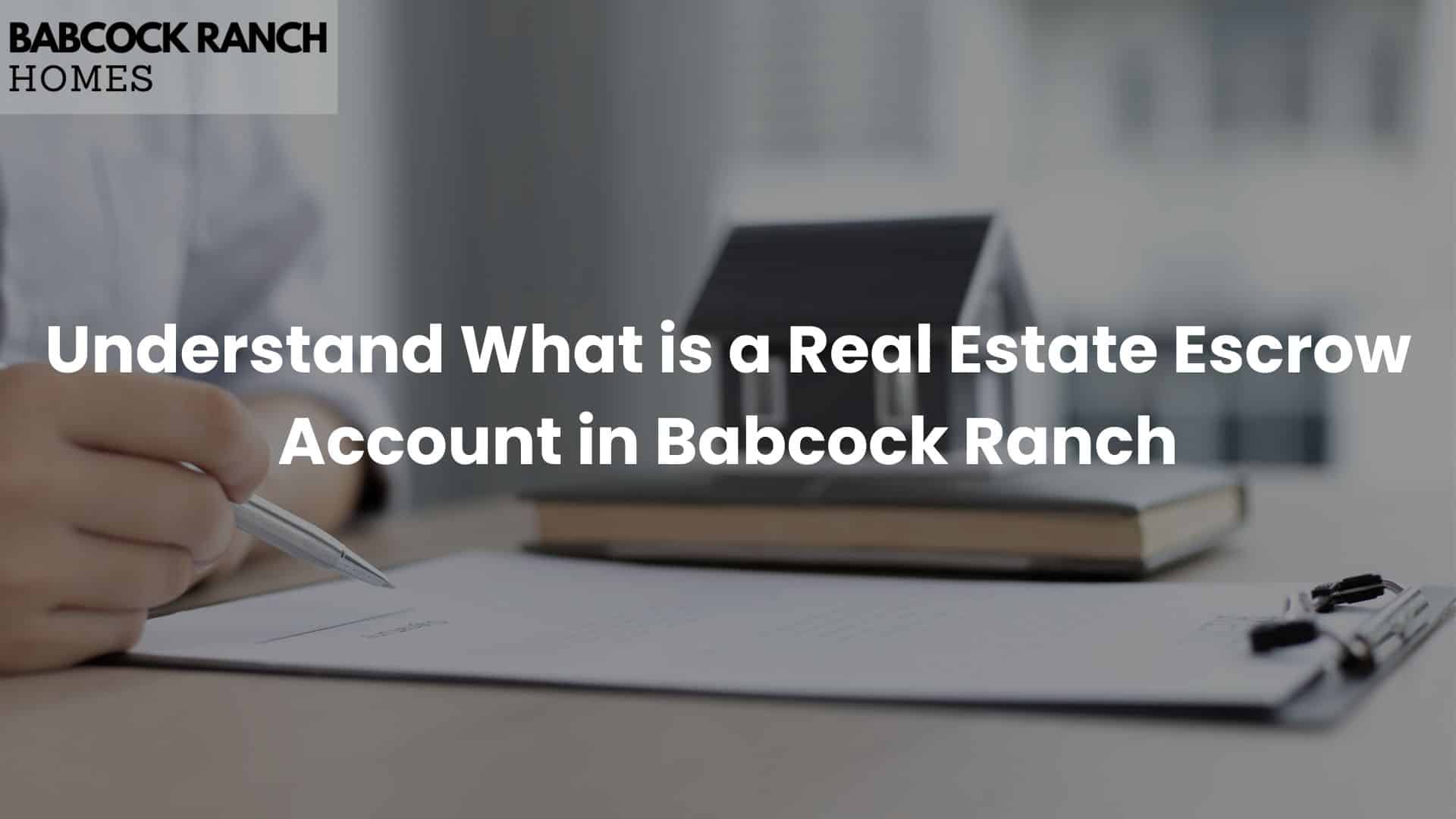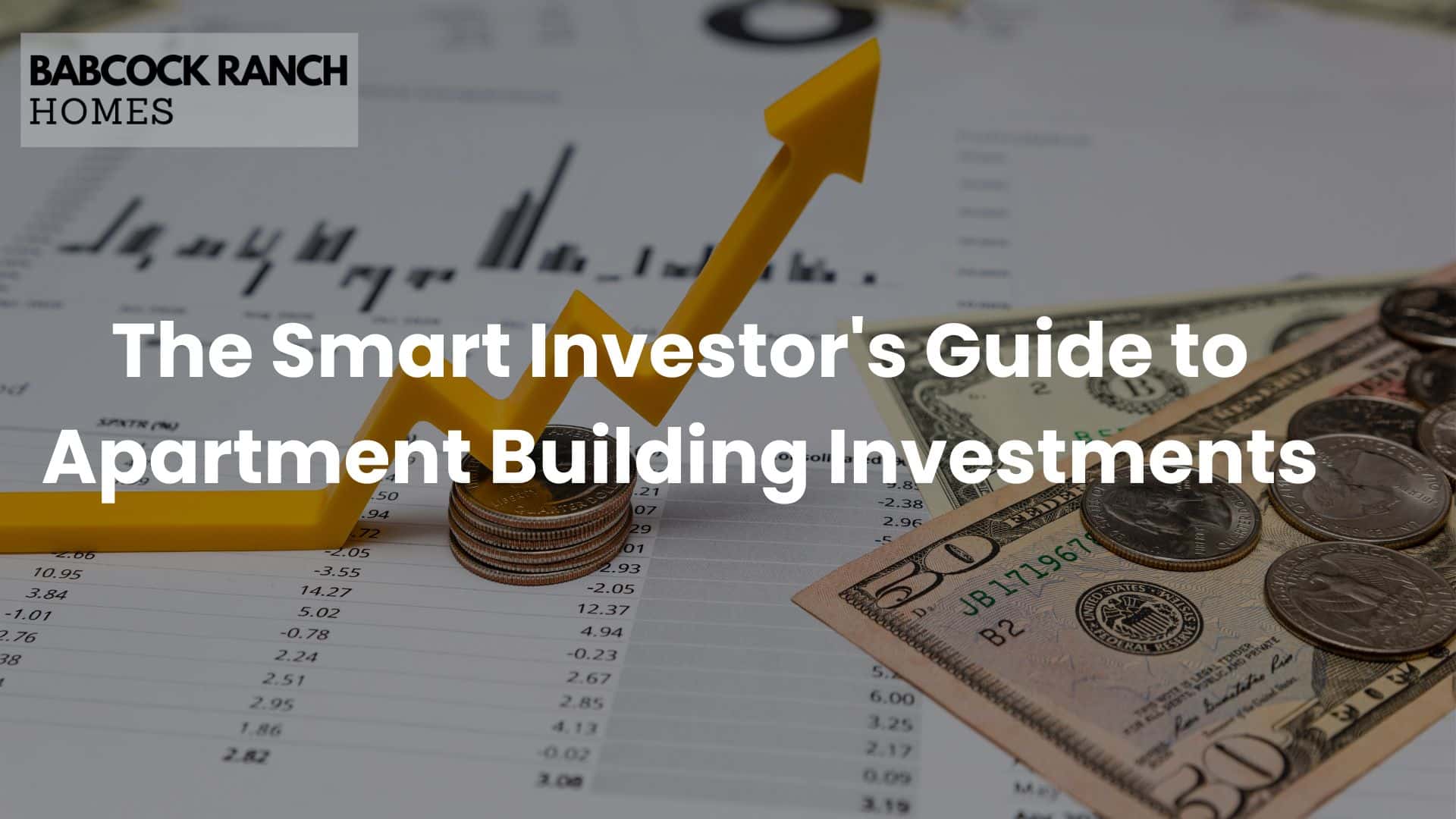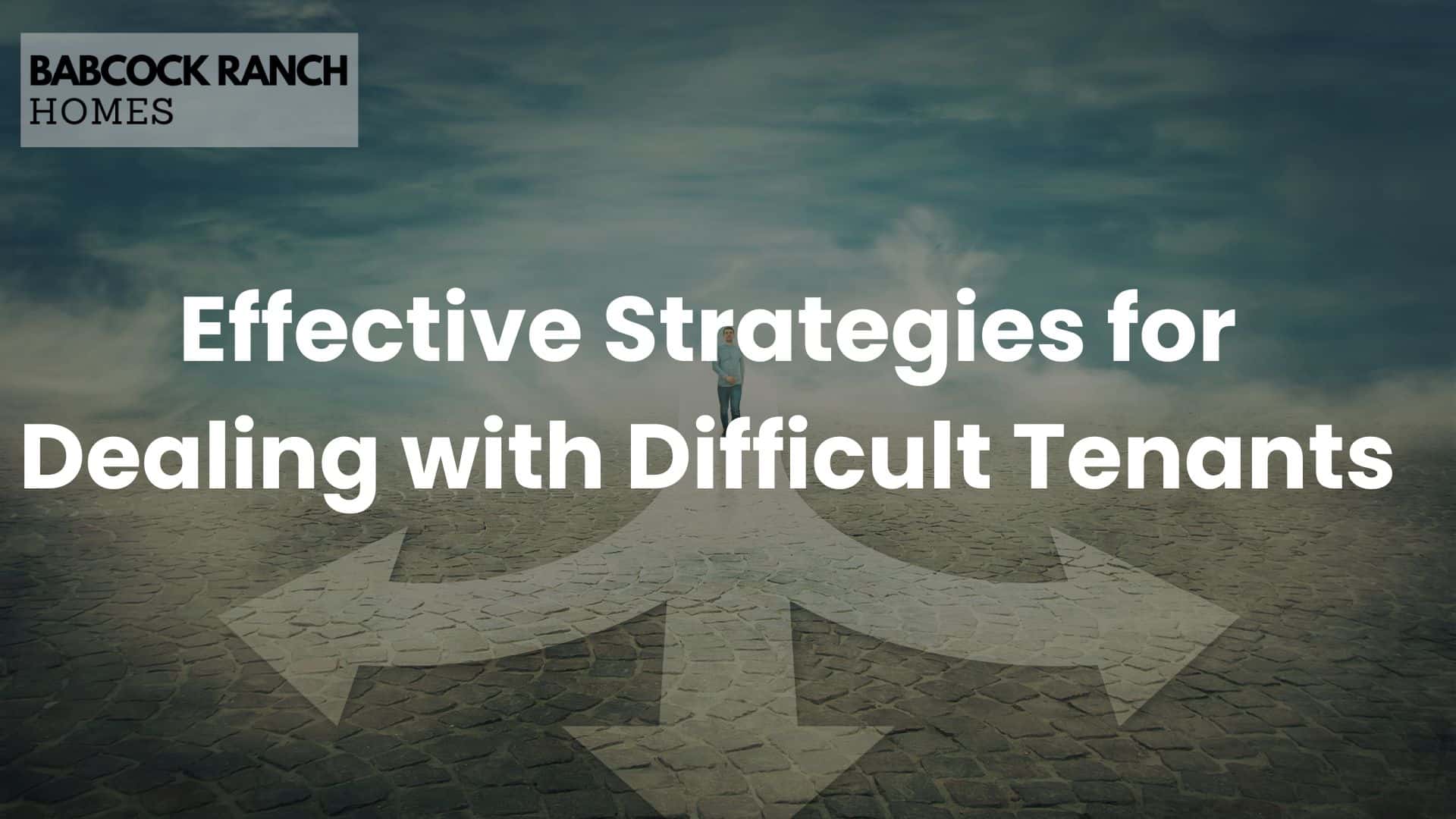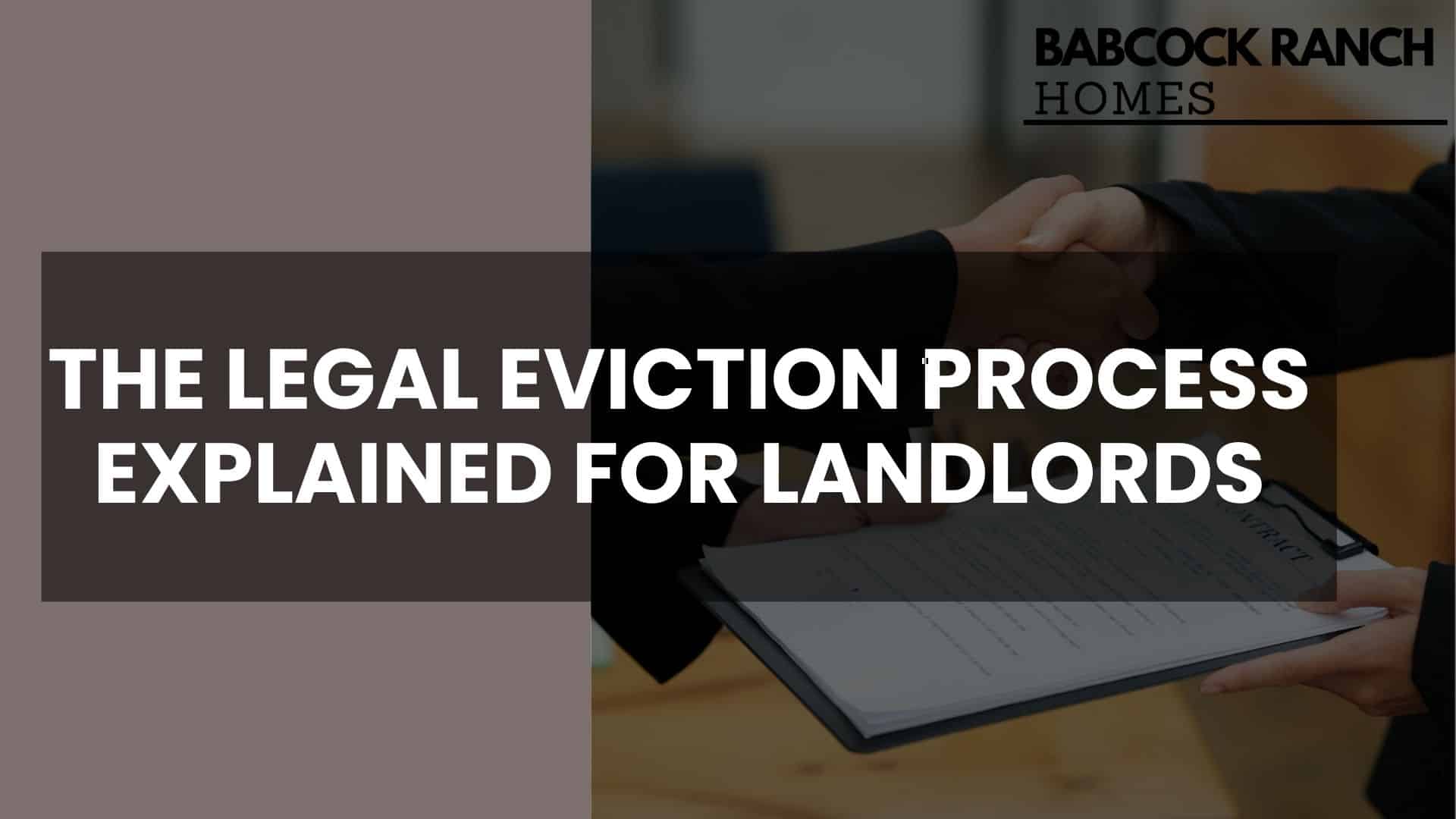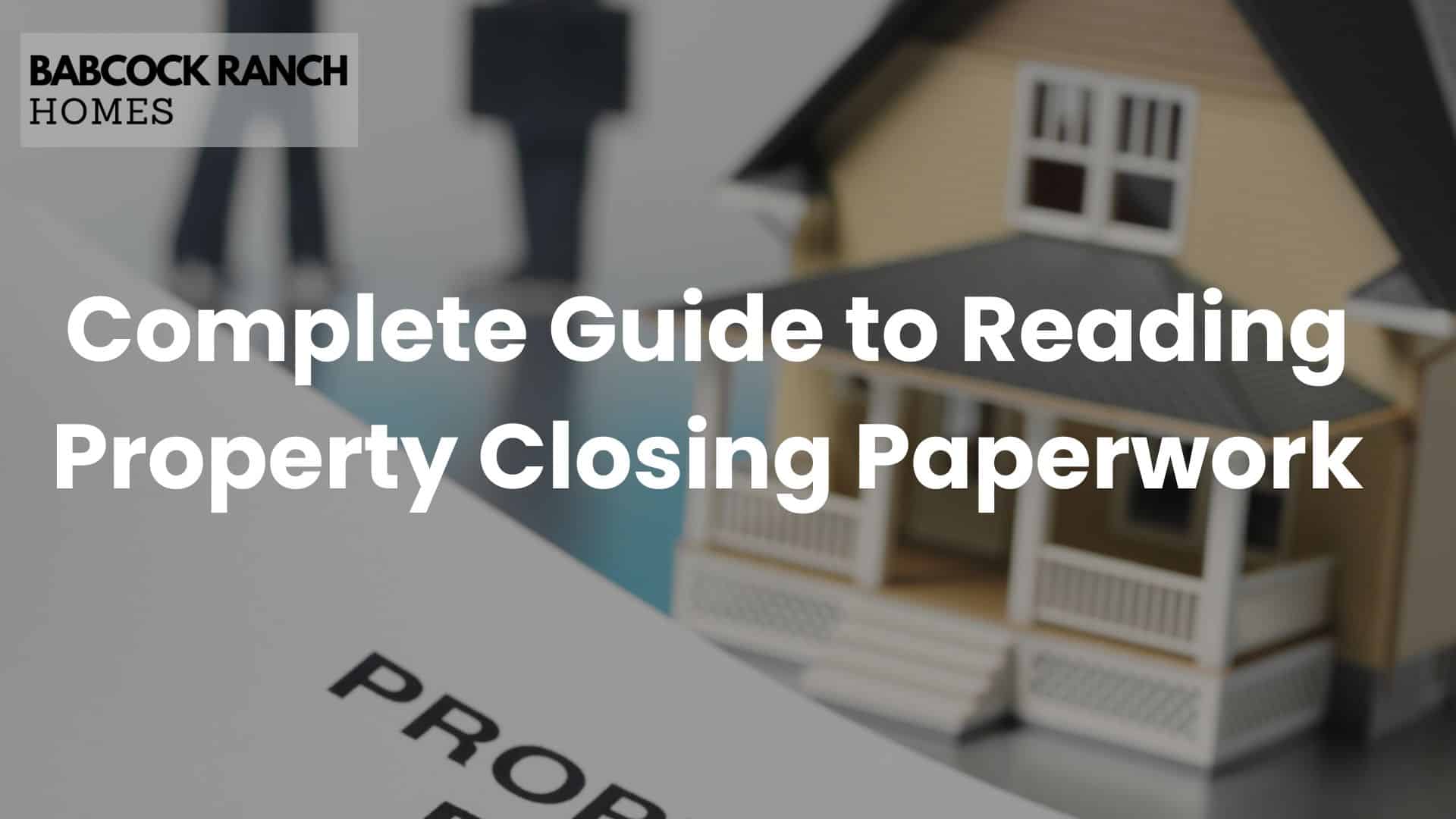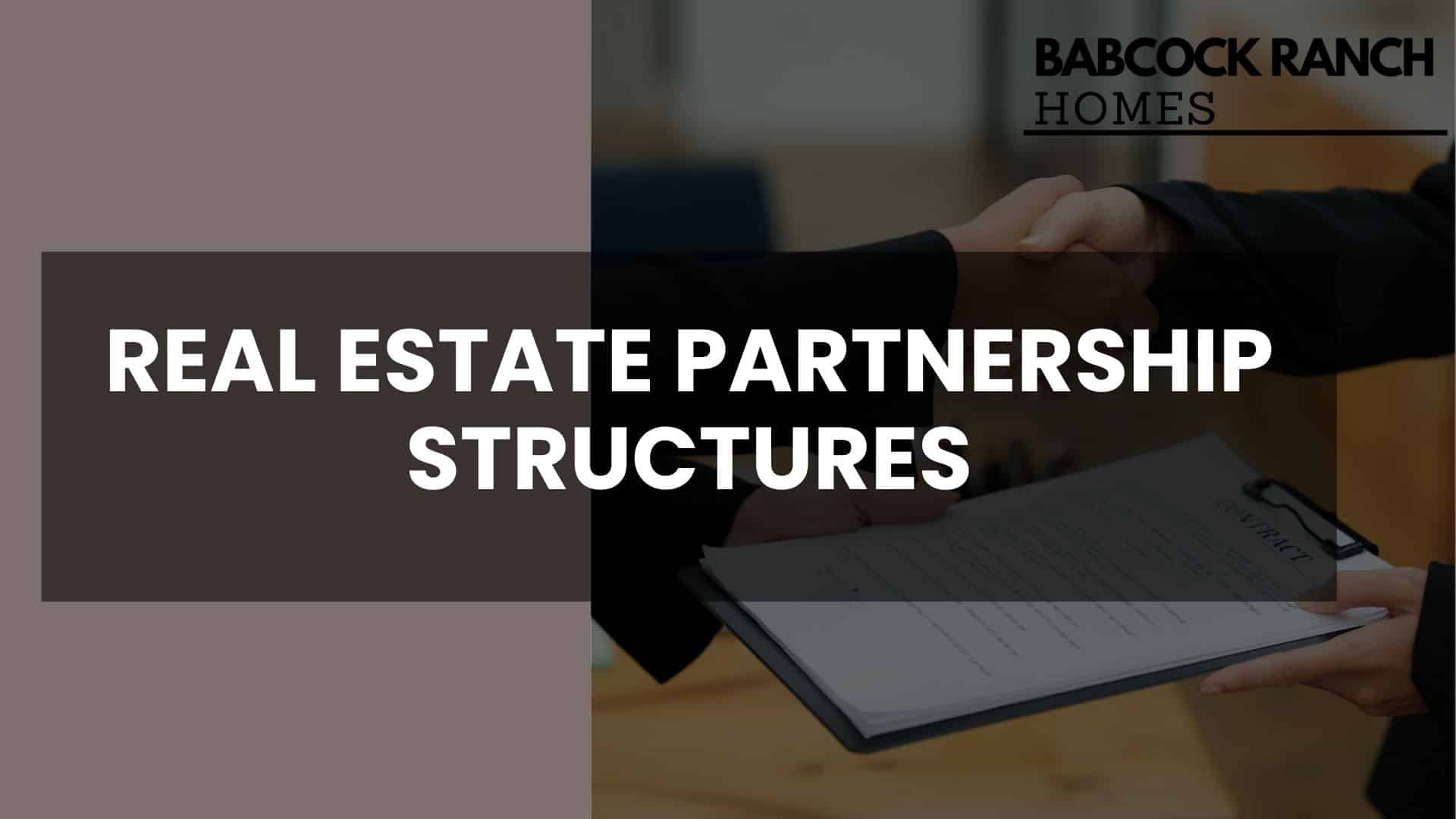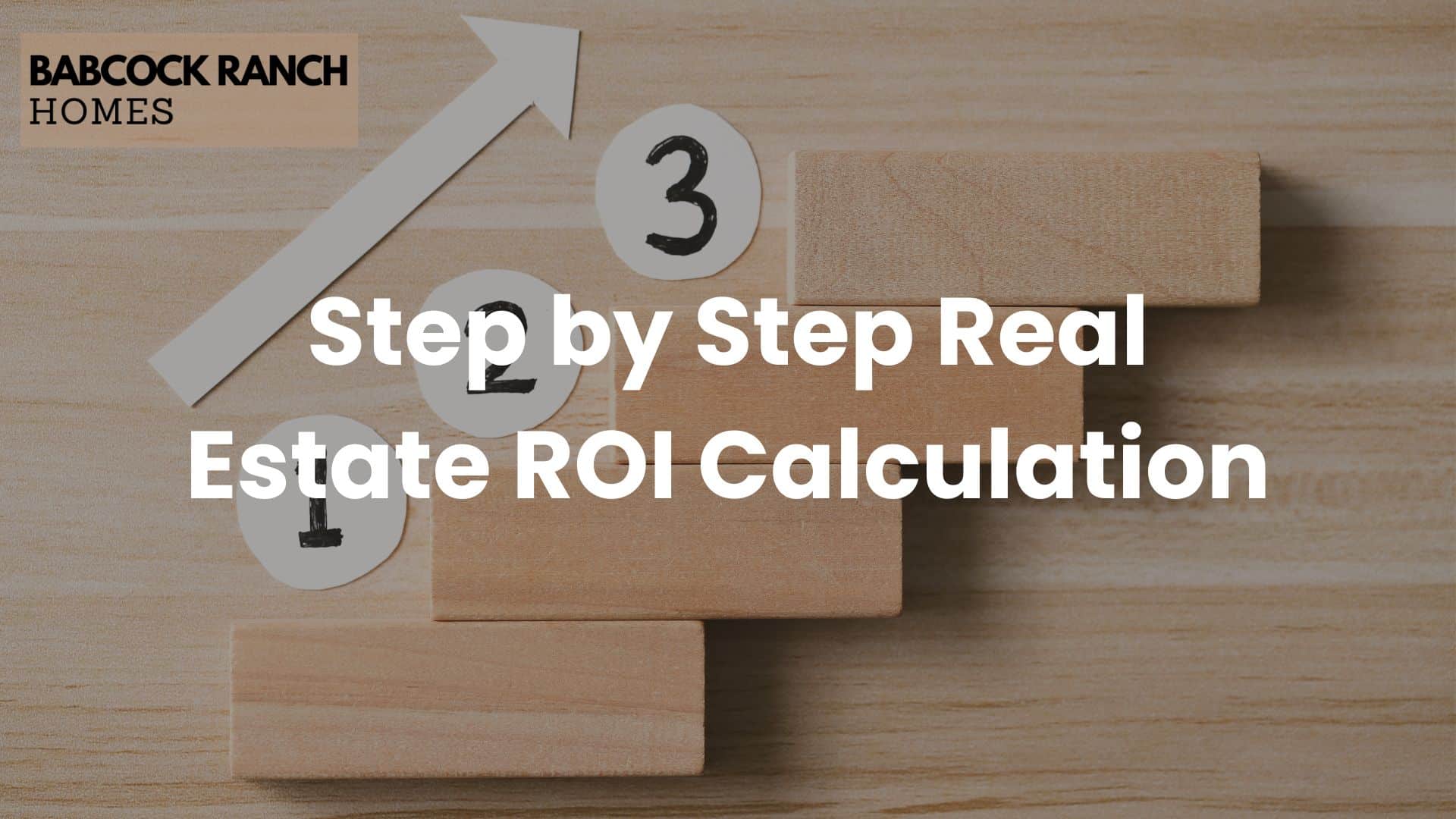Buying your first condo can seem daunting. Babcock Ranch Homes knows it’s tough to find a good deal in today’s market. Condos are a great option, with prices at $341,000 compared to $419,000 for houses.
The condo market has changed a lot in 2024. It now offers chances for buyers looking to save money. With more condos available and cool features, learning how to buy one is key for smart buyers.
Florida is at the forefront of condo trends, with eight top markets. This guide will help you through every condo buying step. You’ll learn about market trends and what to know about homeowners’ associations.
Key Takeaways
- Condos offer more affordable entry into homeownership
- Understanding HOA rules is critical before buying
- Amenities can greatly increase property value
- Location is vital for condo investment
- Being financially ready is essential for condo buying
Understanding What a Condo Is and How It Differs from Other Properties
A condominium is a special way to own property. It combines personal living spaces with shared community areas. Knowing about condos is key for those looking to buy.
Condos are homes inside a bigger complex. Owners have their own space but share common areas and amenities. This model is different from owning a traditional home.
Key Features of Condominium Ownership
Condo ownership has unique traits:
- Individual unit ownership within a larger property
- Shared responsibility for common areas and maintenance
- Access to community condo amenities
- Managed by a Homeowners Association (HOA)
Comparing Property Types
Let’s see how condos differ from other properties:
| Property Type | Ownership Characteristics | Maintenance Responsibility |
|---|---|---|
| Condos | Own interior unit space | Shared exterior maintenance |
| Single-Family Homes | Own entire property | Full individual maintenance |
| Apartments | Typically rented | Landlord manages maintenance |
The Role of Shared Spaces and Community Amenities
Condo amenities make these properties appealing. Typical shared spaces include:
- Swimming pools
- Fitness centers
- Clubhouses
- Parking areas
- Landscaped gardens
The median condo price in October 2023 was $356,000. This makes condos a great choice for many looking for a balance of ownership and convenience.
Current Condo Market Trends in 2024

The 2024 condo market is complex for buyers. Recent data shows big changes in the market. Buyers need to pay close attention to these shifts.
Real estate trends in condos are mixed. Sales fell by 8.3% in Q1 2024 compared to last year. Median prices dropped by 4.6%. But, some parts of the market are holding strong.
- Luxury condos saw a dramatic 41% decrease in sales
- Value condos (under $300,000) experienced an 8.1% sales reduction
- Average condo prices increased by 13.6% to $568,000
Mortgage rates near 7% and more apartments being built have changed the condo market. The time it takes to sell a condo has dropped by 30.4%.
| Condo Market Indicator | Q1 2024 Performance |
|---|---|
| Sales Decline | 8.3% |
| Median Price Drop | 4.6% |
| Average Condo Price | $568,000 |
| Months of Inventory | Increased by 20.1% |
Popular areas like Rittenhouse Square, Society Hill, and Northern Liberties are drawing buyers. Two-bedroom condos are seeing a 14.1% increase in price-per-square-foot.
The condo market in 2024 shows both challenges and chances for smart buyers.
Financial Considerations When Buying a Condo
Buying a condo is different from buying a regular house. You need to look at special financing options, monthly costs, and challenges of condo ownership.

Understanding Mortgage Requirements
Getting a condo loan is harder than a regular house loan. Lenders check your finances and the condo’s financial health. They look at:
- Credit score evaluation
- Income stability verification
- Comprehensive development financial assessment
Calculating Total Monthly Costs
When buying a condo, remember there’s more than just the mortgage. The average HOA fee is $191 a month. This can affect how much you can afford.
| Expense Category | Estimated Monthly Cost |
|---|---|
| Mortgage Payment | $1,500 – $2,500 |
| HOA Fees | $150 – $300 |
| Property Taxes | $200 – $500 |
| Utilities | $100 – $250 |
Down Payment Considerations
Condo closing costs are 2-5% of the purchase price. You might need to save more for a down payment, even for non-warrantable condos.
- Save 20% for conventional loans
- Consider FHA loans with lower down payments
- Explore VA loan options for eligible veterans
Knowing these financial details helps you make smart condo investment choices. It’s about balancing today’s costs with your future goals.
How to Buy a Condo: Step-by-Step Process
Buying a condo can seem overwhelming for beginners. Knowing each step makes the journey easier and more fun. Success in condo ownership comes from planning well and making smart choices.
Here are the main steps to buy a condo:
- Financial Preparation
- Check your credit score
- Calculate affordable monthly payments
- Get pre-approved for a mortgage
- Research and Selection
- Define your condo preferences
- Research neighborhood amenities
- Review HOA regulations
- Property Evaluation
- Schedule professional home inspections
- Assess property condition
- Review condo association documents
Having a skilled real estate agent can make buying a condo easier. They guide you through tough negotiations, help understand the market, and spot condo-specific issues.
Pro Tip: Always budget for extra costs like HOA fees, special assessments, and maintenance.
The last steps include making an offer, doing your homework, and signing papers. By following these steps, first-time buyers can feel confident in their condo purchase.
Understanding HOA Fees and What They Cover
Buying a condo means you’ll have to pay homeowners association (HOA) fees. These fees are key to keeping your community looking good. Knowing about condo fees and rules helps you choose the right condo.

Most condos charge between $200 to $300 a month. This money goes to important services and upkeep. It keeps your place nice and inviting.
Common HOA Fee Structures
HOA fees depend on a few things:
- Size of the unit
- What amenities you get
- The building’s age and condition
- Where the condo is and the local market
What Condo Fees Typically Cover
| Service Category | Typical Coverage |
|---|---|
| Building Maintenance | Exterior fixes, painting, roof care |
| Common Area Upkeep | Landscaping, cleaning, snow removal |
| Amenities | Swimming pools, gyms, clubhouses |
| Insurance | Building and liability insurance |
Special Assessments and Reserve Funds
Associations might ask for extra money for big repairs or upgrades. A good reserve fund can prevent big financial surprises. It’s smart to check the association’s finances before buying.
Rights and Responsibilities of Condo Owners
Condo owners have certain rights and duties. This includes:
- Voting on community matters
- Following condo rules
- Going to meetings
- Keeping their unit up to standard
Understanding these financial aspects helps you make a better choice about condo living. It ensures a pleasant experience.
Location Analysis and Property Value Assessment
Choosing the right location is key in your condo buying guide. Property value is more than just the physical space. It’s about understanding the neighborhood’s future and current market trends.
When looking at a condo’s location, consider these important factors:
- Proximity to public transportation
- Local amenities and infrastructure
- Future development plans
- Neighborhood economic indicators
The value of a property is a big part of your investment. Local governments use this value to figure out property taxes. These taxes can change a lot depending on the county. For example, assessment ratios can be from 10% to 100% of market value.
“Location is the heartbeat of property value” – Real Estate Experts
Professional appraisers have different ways to figure out a condo’s worth:
- Sales comparison approach
- Neighborhood market analysis
- Current property condition assessment
- Comparative market evaluation
Pro tip: Use online tools and house price index calculators to guess future appreciation. These tools look at recent mortgage deals and market trends to give insights into future value.
Smart investors know a condo’s value can change. Local development, economic changes, and neighborhood improvements can all affect value. Do your research well to make a smart choice in your condo market trends journey.
Essential Documents to Review Before Purchase
Buying a condo means looking at important documents carefully. Knowing about condo rules and financial info helps protect your investment. A good condo purchase guide includes checking key papers that show the property’s real state and how it works.

- Declaration and Bylaws: Explain what owners can do, who fixes things, and what rules there are
- Financial Statements: Show how well the association is doing financially
- Rules and Regulations: Tell you about community rules on noise, pets, and changes to the property
- Reserve Studies: Show how the association plans for the future and keeps things running
Condo Association Rules and Regulations
Condo rules can really affect your life there. These rules usually cover:
- Rules about renting out your condo
- What pets are allowed
- How much you can change your condo
- Rules for parking and storing things
Financial Statements and Reserve Studies
It’s important to look at the association’s money matters. Check for:
- How much you pay each month
- How the association spends its money each year
- How much money is saved for the future
- Any extra fees you might have to pay
Insurance Documentation
It’s key to know about insurance when buying a condo. Make sure you understand what the association covers and what you need to buy yourself.
Pro tip: Always ask for and check these documents before you buy a condo to avoid surprises later.
The Role of Professional Home Inspections for Condos

Condo inspections are key in the condo buying process. They can save buyers thousands of dollars in repair costs. Unlike regular homes, condos need special inspections that check more than just the property’s condition.
A professional condo inspection usually costs about $250. It gives a detailed look at the property’s state. Inspectors check many important areas:
- Interior unit evaluation
- HVAC system assessment
- Plumbing and electrical system checks
- Structural integrity examination
- Common area condition review
Experienced inspectors look closely at both individual units and shared spaces. They find issues that might not be seen at first glance. This includes:
- Water damage indicators
- Electrical system irregularities
- Structural vulnerabilities
- Potential maintenance challenges
Not getting a professional condo inspection can lead to costly surprises. Buyers should make sure to get a thorough check. This helps them understand what they’re really buying.
| Inspection Focus Area | Potential Issues Discovered |
|---|---|
| Interior Spaces | Water damage, appliance malfunctions |
| Shared Walls | Structural concerns, sound insulation |
| Common Areas | Maintenance quality, possible special assessments |
Pro tip: Always ask for a detailed review of HOA documents and reserve studies during your condo inspections. This gives you a better idea of the community’s financial health.
Understanding Condo Association Management

Condo associations are key in managing shared spaces and keeping community standards high. They oversee common areas, enforce rules, and manage fees well.
The management of a condo association includes:
- A board of directors chosen by homeowners
- Professional property management companies
- CC&Rs that guide governance
These groups handle important tasks that affect property values and living experiences. They maintain shared spaces, collect dues, and plan budgets.
Key areas of condo association management are:
- Keeping common areas like lobbies and pools in good shape
- Handling finances and collecting dues
- Managing vendors for repairs and services
- Enforcing community rules
Before buying a condo, it’s smart to check the association’s finances and meeting records. Knowing how fees are used and the management style can avoid surprises and make owning a condo better.
Effective condo association management is the backbone of a well-maintained, harmonious community.
Legal Aspects of Condo Ownership
Understanding condo ownership law is key. It’s not just about picking a nice place. It’s about knowing your rights and duties in a complex legal world.

The condo purchase guide stresses the need to grasp legal details before signing anything. Condo rules help keep things orderly, balancing personal freedom with community standards.
Property Rights and Restrictions
Condo ownership has its own set of rights, different from owning a house. Your rights go beyond your unit, covering shared areas and community rules.
- Individual unit ownership with defined boundaries
- Shared ownership of common areas
- Limited control over external modifications
- Compliance with community bylaws
Common Legal Issues in Condo Ownership
Knowing about common legal problems can protect your investment. Issues often come from:
- Noise complaints
- Renovation restrictions
- Pet policy violations
- Financial assessment disagreements
Seeking legal advice is wise. Reviewing the master deed and association bylaws is key to knowing your rights and duties.
Always read the fine print and understand the full scope of your condo association rules before purchasing.
Financing Options for Condo Purchases
Understanding condo financing is key. It’s different from single-family homes. Buyers have various paths to explore in their condo purchase guide.
There are loan types that benefit condo buyers:
- Conventional Loans: Require 3% down payment and 620+ credit score
- FHA Loans: Allow 3.5% down with 580+ credit score
- VA Loans: Offer 0% down for eligible veterans
- USDA Loans: Specific to rural property purchases
Financing condos has extra steps. Lenders check the condo association’s finances before approving a loan.
| Loan Type | Down Payment | Credit Score | Key Requirements |
|---|---|---|---|
| Conventional | 3% | 620+ | 85% association dues paid, 50% owner-occupied |
| FHA | 3.5% | 580+ | On FHA-approved list, primary residence |
| VA | 0% | Varies | VA-approved property, veteran status |
| USDA | 0% | 640+ | Rural location, income limits |
Important note for condo buyers: Mortgage rates for condos are 0.125% to 0.25% higher. Investors need higher down payments and interest rates.
Buyers must check their finances and know each loan’s needs. Talking to a mortgage expert can help with condo financing.
Evaluating Amenities and Community Features

When looking at a condo purchase guide, it’s key to know about condo amenities. Modern condos offer more than just a place to live. They give a full lifestyle experience with special community features.
Great condo amenities can really improve your life and the value of your property. People today want more than the usual. They look for new features that make life easier and healthier.
- Fitness Centers: 24/7 access with state-of-the-art equipment
- Technology-Driven Conveniences:
- Package lockers with digital monitoring
- EV charging stations
- Condo management software for streamlined operations
- Security Features: 24/7 patrols and access-controlled areas
- Social Spaces: Rooftop decks, lounges, and community gathering zones
When checking out condo amenities, look at their quality and upkeep. A well-kept community with top features can make your life better and possibly raise your property’s value.
Strategic amenities transform condos from mere living spaces into complete lifestyle destinations.
Buyers should think about shared areas and the HOA fees they come with. Amenities add a lot of value but need ongoing money from residents.
Choose amenities that fit your lifestyle. Whether you want fitness spots, places to socialize, or tech perks. The right condo amenities can make your life truly special.
The Importance of Resale Value
When you’re looking to buy a condo, knowing about resale value is key. It’s not just about the first look. You need to think about how it will do in the long run.
Resale value depends on many things. Smart buyers look at these factors carefully. They want to make sure their condo will be worth more later on.
Market Appreciation Factors
There are a few big things that affect how much a condo can be sold for:
- Location is the most important thing for resale value
- Being close to city amenities can really boost a condo’s value
- The quality of the building and how well it’s been kept up matters a lot
- What’s happening in the neighborhood can also affect prices
Investment Opportunity Evaluation
To figure out if a condo is a good investment, you need to do some research. Look at:
- How prices have changed in the area before
- What plans are for the local economy
- How much demand there is for similar condos
- If you could rent it out and make money
Experts say condos might not go up in value as fast as houses. So, you need to plan carefully and be patient.
Doing your homework is important. It helps you find a condo that meets your needs now and will be a good investment later.
Insurance Requirements for Condo Owners
Understanding condo insurance can be tricky for new homeowners. A good condo purchase guide helps you protect your investment. It shows how condo insurance is different from regular homeownership.
- Personal property inside the unit
- Interior fixtures and appliances
- Personal liability protection
- Additional living expenses if the unit becomes uninhabitable
Condo fees usually include part of the building’s master insurance. But, unit owners need their own policy. Typical policies range from $200 to $1,000 annually, based on your needs.
“Protect your investment by understanding the unique insurance requirements for condo ownership.” – Real Estate Insurance Expert
Important things to think about for condo insurance include:
- Check the HOA’s master policy coverage
- Figure out the value of your personal belongings
- Choose the right liability protection
- Think about optional coverage for specific risks
Most lenders want condo owners to insure their property for at least 20% of its value. Some policies offer extra protections like water backup, identity theft, and special assessment coverage.
Smart condo buyers should look at their insurance options carefully. They should balance good coverage with affordable condo fees. Talking to an insurance expert can help you find the right policy for you.
Conclusion
Buying a condo needs careful planning and smart choices. Your guide should focus on financials, amenities, and future value. Each step requires deep research and expert advice for a good investment.
Before buying, consider many things. Your budget, including fees, taxes, and insurance, is key. Also, think about the location, amenities, and how easy it will be to sell later.
If you need help, reach out to Babcock Ranch Homes in Florida. We offer real estate advice for condo buyers. Call us at 518-569-7173 for help and support.
Success in condo ownership comes from knowing what you need and can afford. Weigh the good and bad, do your homework, and get advice. This way, you’ll find a condo that fits your life perfectly.
FAQ
What is a condo, and how is it different from an apartment or single-family home?
How much does it typically cost to buy a condo?
What is a condo, and how is it different from an apartment or single-family home?
How much does it typically cost to buy a condo?
FAQ
What is a condo, and how is it different from an apartment or single-family home?
A condo is a property where you own a unit in a building. You share common areas and amenities with others. It’s different from an apartment because you own your unit. And it’s different from a single-family home because you share common spaces and are part of a Homeowners Association (HOA).
How much does it typically cost to buy a condo?
Condo prices vary a lot. They depend on location, size, and amenities. In 2024, prices range from 0,000 in smaller markets to over
FAQ
What is a condo, and how is it different from an apartment or single-family home?
A condo is a property where you own a unit in a building. You share common areas and amenities with others. It’s different from an apartment because you own your unit. And it’s different from a single-family home because you share common spaces and are part of a Homeowners Association (HOA).
How much does it typically cost to buy a condo?
Condo prices vary a lot. They depend on location, size, and amenities. In 2024, prices range from $150,000 in smaller markets to over $1 million in big cities. Location, unit size, and local market conditions all affect the price.
What are HOA fees, and why do I need to pay them?
HOA fees cover common area maintenance, insurance, and management. They usually cost between $200 to $500 a month. These fees help keep the property in good shape, give access to shared facilities, and maintain the property’s value.
What additional costs should I consider when buying a condo?
When buying a condo, think about more than just the purchase price. You’ll need to budget for closing costs, mortgage fees, property taxes, and HOA fees. Also, consider private mortgage insurance, condo insurance, utilities, and any special assessments. Remember, the total monthly costs are more than just the mortgage payment.
How do I know if a condo is a good investment?
To see if a condo is a good investment, research the location and price history. Check the HOA’s financial health and local market trends. Look for condos in good locations with strong rental markets and growth possibilities.
What documents should I review before purchasing a condo?
Before buying a condo, review important documents. These include the condo association’s bylaws, financial statements, and insurance policies. Also, look at meeting minutes, rules, and disclosure statements. These documents help understand the property’s financial health and any ownership restrictions.
What type of insurance do I need for a condo?
You’ll need a condo insurance policy (HO-6 policy) for your personal property and liability. This is in addition to the HOA’s master policy, which covers the building’s exterior and common areas. Make sure you understand the coverage gaps and get the right protection.
How is condo financing different from traditional home financing?
Condo financing has stricter rules. Lenders check your financial health and the condo association’s stability. They might require a higher down payment and specific loan types based on the building’s features.
What should I look for during a condo inspection?
During a condo inspection, check the unit for structural issues and appliance condition. Look for maintenance problems. Also, review the common areas, building exterior, and ask about recent maintenance and future repairs.
How do I evaluate a condo association’s management?
Review meeting minutes, financial reports, and reserve funds to evaluate the condo association’s management. Check their response to maintenance issues and communication. Also, talk to current residents about their experiences and assess the management team’s professionalism and transparency.
million in big cities. Location, unit size, and local market conditions all affect the price.
What are HOA fees, and why do I need to pay them?
HOA fees cover common area maintenance, insurance, and management. They usually cost between 0 to 0 a month. These fees help keep the property in good shape, give access to shared facilities, and maintain the property’s value.
What additional costs should I consider when buying a condo?
When buying a condo, think about more than just the purchase price. You’ll need to budget for closing costs, mortgage fees, property taxes, and HOA fees. Also, consider private mortgage insurance, condo insurance, utilities, and any special assessments. Remember, the total monthly costs are more than just the mortgage payment.
How do I know if a condo is a good investment?
To see if a condo is a good investment, research the location and price history. Check the HOA’s financial health and local market trends. Look for condos in good locations with strong rental markets and growth possibilities.
What documents should I review before purchasing a condo?
Before buying a condo, review important documents. These include the condo association’s bylaws, financial statements, and insurance policies. Also, look at meeting minutes, rules, and disclosure statements. These documents help understand the property’s financial health and any ownership restrictions.
What type of insurance do I need for a condo?
You’ll need a condo insurance policy (HO-6 policy) for your personal property and liability. This is in addition to the HOA’s master policy, which covers the building’s exterior and common areas. Make sure you understand the coverage gaps and get the right protection.
How is condo financing different from traditional home financing?
Condo financing has stricter rules. Lenders check your financial health and the condo association’s stability. They might require a higher down payment and specific loan types based on the building’s features.
What should I look for during a condo inspection?
During a condo inspection, check the unit for structural issues and appliance condition. Look for maintenance problems. Also, review the common areas, building exterior, and ask about recent maintenance and future repairs.
How do I evaluate a condo association’s management?
Review meeting minutes, financial reports, and reserve funds to evaluate the condo association’s management. Check their response to maintenance issues and communication. Also, talk to current residents about their experiences and assess the management team’s professionalism and transparency.



